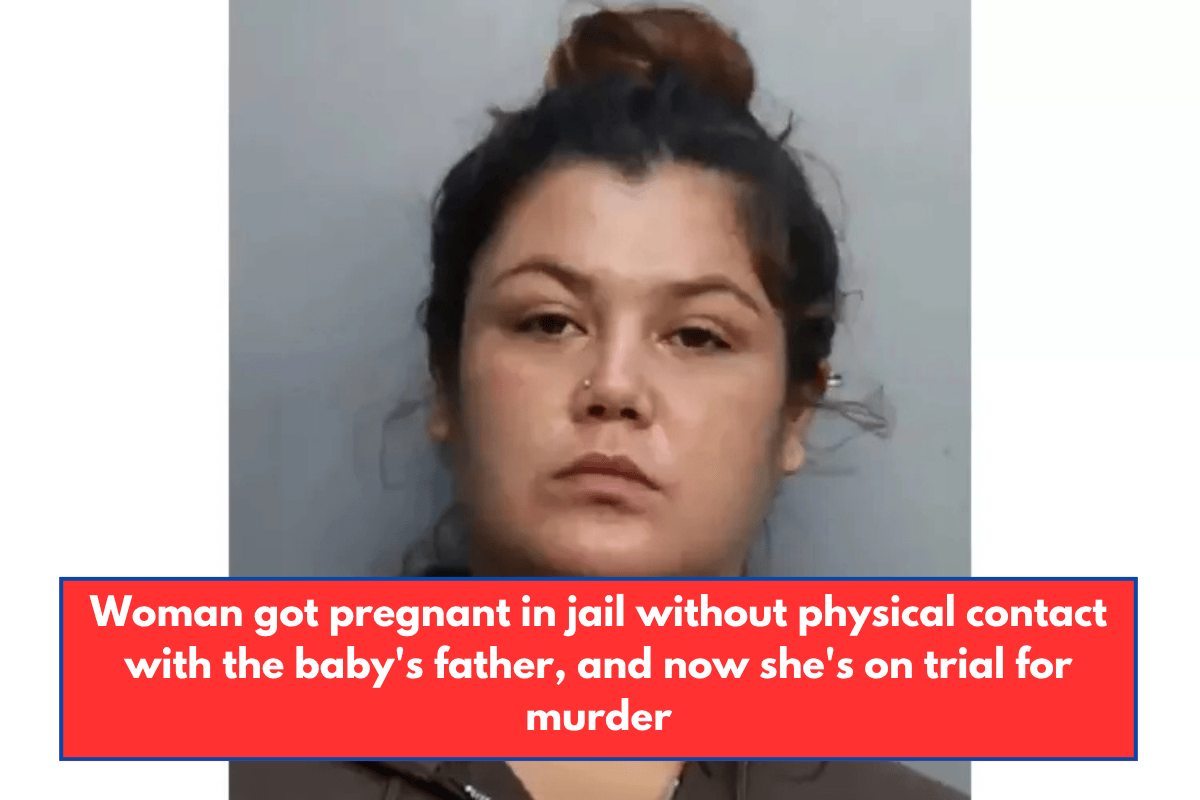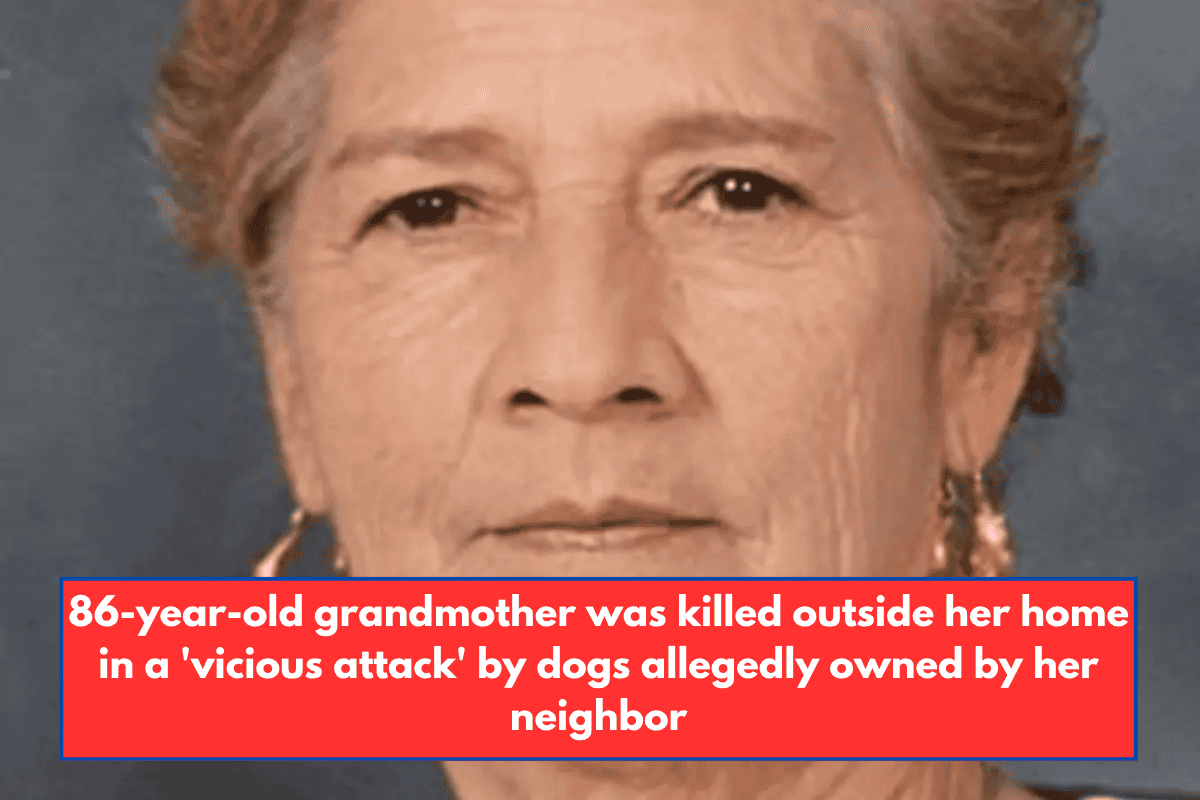A federal judge has set a strict timeline for the Trump administration to provide regular updates on the case of Daniel Lozano-Camargo, a 20-year-old Venezuelan man who was wrongfully deported to El Salvador. U.S. District Judge Stephanie Gallagher has ordered the administration to file weekly status reports on Lozano-Camargo’s condition and the progress of his return to the United States.
The Case of Daniel Lozano-Camargo
Lozano-Camargo, who had been living in Maryland, was deported to El Salvador despite a legal settlement that allowed him to remain in the U.S. while his asylum case was being processed by U.S. Citizenship and Immigration Services (USCIS). In May, Judge Gallagher ruled that his deportation violated this settlement agreement, making the action “wrongful.” She ordered the government to take steps to facilitate his return to the U.S.
The judge’s recent order mandates that every Friday, beginning on June 6, 2025, the defendants must file a detailed status report about Lozano-Camargo’s situation. The report must include information such as his physical location, who is supervising him, and the steps being taken to ensure his return. The administration is also required to outline a clear plan for his return and to cooperate with discovery requests from his attorneys.
Legal Developments and Discovery
Judge Gallagher has allowed Lozano-Camargo’s attorneys to request discovery, although she limited the scope and number of requests. Specifically, the court allowed requests related to agreements between the U.S. and El Salvador that might affect the deportation or return of individuals like Lozano-Camargo. This also includes potential information related to the deportation case of another man, Kilmar Abrego Garcia, who was also wrongfully deported under the Trump administration.
The defendants, led by the Department of Homeland Security (DHS), are required to respond to discovery requests within two weeks, providing any objections, responses, and privilege logs. Additionally, the attorneys for Lozano-Camargo have been given permission to request two depositions from individuals who have knowledge or authority over the matters related to Lozano-Camargo’s deportation and return.
Consequences for Non-Compliance
Judge Gallagher made it clear that failure to comply with these orders could result in serious consequences. She warned that if the defendants do not act in good faith, Lozano-Camargo’s attorneys may seek sanctions on an expedited basis. This ruling highlights the court’s commitment to ensuring the proper handling of Lozano-Camargo’s case and the legal obligations of the Trump administration.
Legal and Political Implications
The case of Daniel Lozano-Camargo is part of a broader controversy surrounding deportations to El Salvador and other countries, particularly under the Trump administration. While El Salvador has been a staunch ally in the U.S. government’s deportation efforts, deportations like that of Lozano-Camargo and Kilmar Abrego Garcia have raised concerns about due process and the legal rights of individuals being sent back to foreign countries.
This legal battle, ongoing since Lozano-Camargo’s wrongful deportation, is an example of how deportation policies and international agreements are being scrutinized in court. Judge Gallagher’s ruling indicates that such legal challenges, particularly around wrongful deportations, will continue to shape the discourse on immigration and due process.








